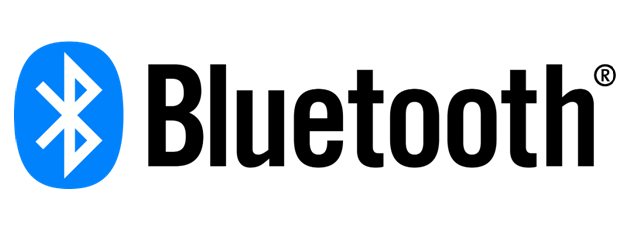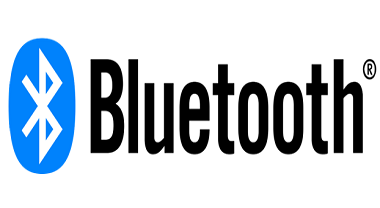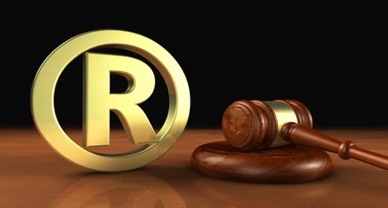Pairing Successful: Trademark Agreement And Its Compliance
Bluetooth SIG, Inc. (“Bluetooth”) owns various trademark registrations which it licenses to other companies to use in promoting a product’s Bluetooth-compatibility. In order to acquire such a license, Bluetooth allegedly requires potential licensees to satisfy various requirements and execute a membership agreement.Fiat Chrysler (“FCA”) utilizes the BLUETOOTH trademarks on vehicles equipped with “Bluetooth-enabled radio head units.” Bluetooth became aware that FCA was using its trademarks without satisfying the requirements and sued for trademark infringement. In response, FCA moved at the United States District Court Western District of Washington at Seattle (“Court”),to dismiss and argued 1) that the Bluetooth marks are generic and should be cancelled, and 2) that FCA’s use was nominative and fair.

Bluetooth moved for summary judgment on its various trademark infringement claims. Acknowledging that the BLUETOOTH marks are registered, incontestable, and entitled to a presumption of validity, the court first considered FCA’s arguments that the marks are generic, functional, and the registrations are subject to cancellation. FCA rebutted the presumption with an expert survey showing 82% of respondents believe that BLUETOOTH is a generic term rather than a brand name. The court determined that whether the BLUETOOTH mark is generic was a triable issue of fact. And because FCA failed to show that the BLUETOOTH marks are essential to wireless connectivity, the court also determined FCA’s functionality argument failed.
Turning to FCA’s nominative and fair use defence, the court applied the New Kids on the Block test to evaluate likelihood of confusion. The New Kids test has three requirements: (1) the product or service in question must not be readily identifiable without use of the trademark; (2) only so much of the marks may be used as is reasonably necessary to identify the product or service; and (3) the user must not suggest sponsorship or endorsement by the trademark holder. The court found this test was most appropriate because FCA used Bluetooth’s marks to describe Bluetooth’s products, even though FCA’s “ultimate goal is to describe [its] own product.” The court determined that the issues of customer confusion and whether FCA’s use of the BLUETOOTH marks signals to customers a sponsorship or endorsement by Bluetooth are for the trial of fact. The court denied both parties’ motions for summary judgment on these grounds.
Bluetooth also brought trademark counterfeiting and dilution claims based on FCA’s unauthorized use. Although some courts hold that counterfeit marks are presumptively confusing when placed on consumer goods, the court declined to apply the presumption to the certified head units. Similarly, because Bluetooth failed to submit sufficient evidence of the fame of the BLUETOOTH marks, the court found that “[w]ithout more, a reasonable trial of fact could conclude that Bluetooth is not famous” and denied Bluetooth’s motion for summary judgment as to trademark dilution.
In a final, but failed attempt to secure summary judgment, FCA raised numerous affirmative defences, including first sale, abandonment through naked licensing, and laches. First, the court found the first sale doctrine was inapplicable because Bluetooth does not sell head units, meaning FCA does not resell head units. Second, while Bluetooth’s records are missing years’ worth of data regarding quality control, the court determined that “perfection, or even proficiency, is not the standard” for policing trademark and product quality. And third, the court determined that FCA could “tack on” Chrysler’s prior use of the trademarks before it merged with Fiat Group in 2014. This meant that Bluetooth was aware of FCA’s allegedly infringing activity since 2010–well outside the three-year statute of limitation in Washington. However, the court found that although Bluetooth’s delay was unreasonable, the issue of whether FCA was prejudiced by the delay remained, and, again, denied the motion for summary judgment.
Author: Saransh Chaturvedi an associate at IP And Legal Filings, in case of any queries please contact/write back us at support@ipandlegalfilings.com.



